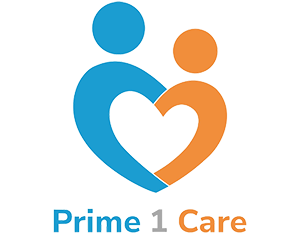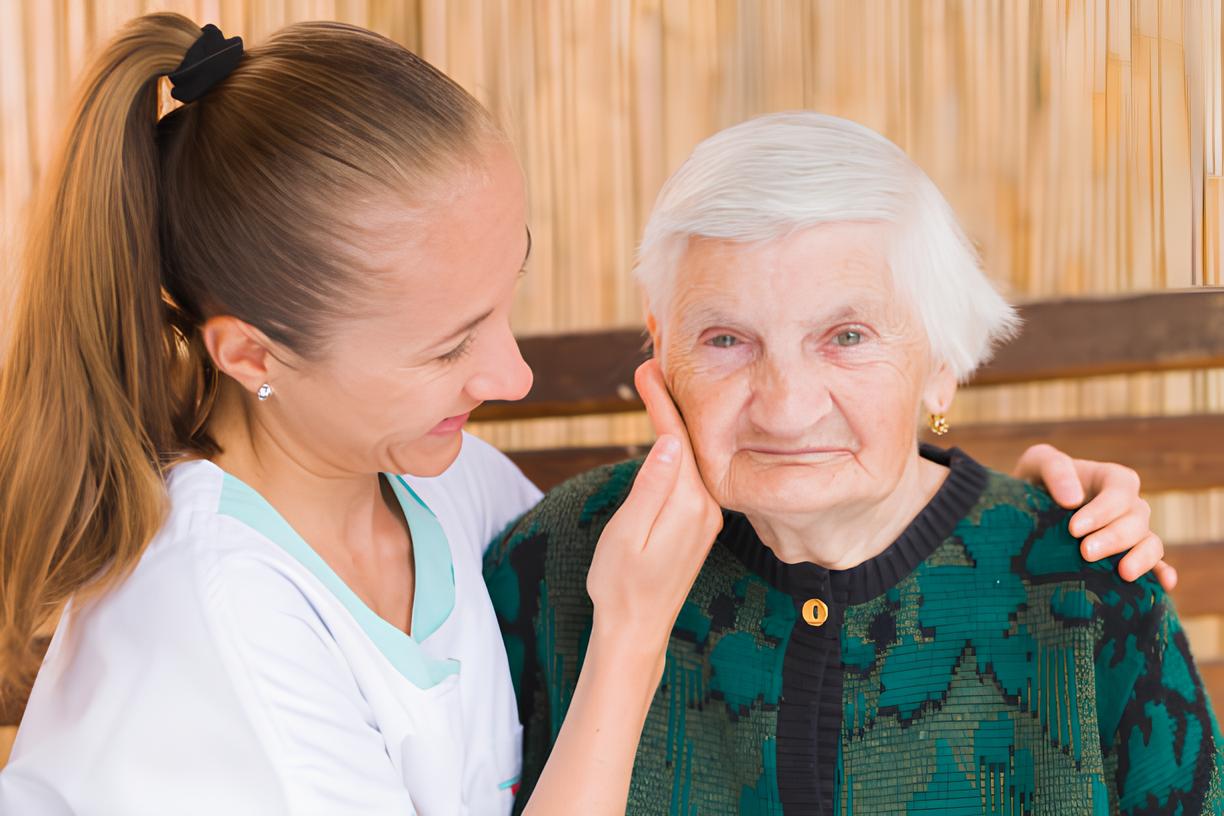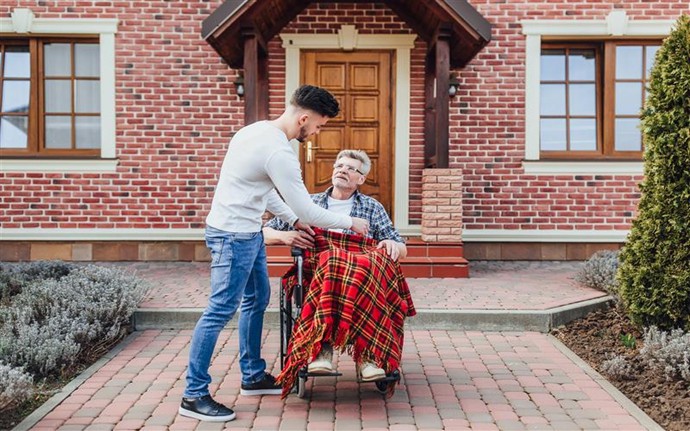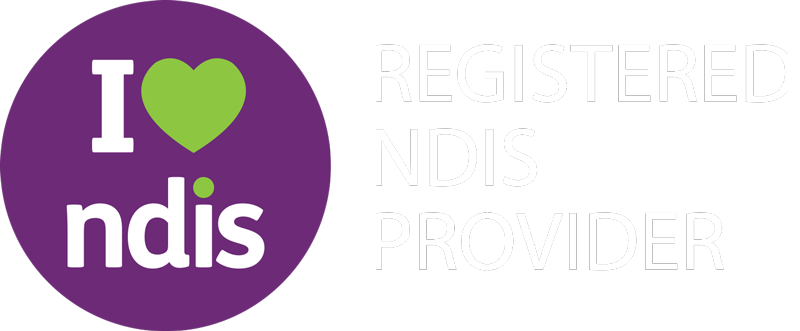Key Takeaways
- Personal care supports daily living and independence
- Clinical care focuses on medical treatment and monitoring
- The right balance depends on individual health needs
- Both care types work together to promote wellbeing and dignity
- Prime 1 Care provides comprehensive, person-centred care solutions
When it comes to looking after someone’s health and wellbeing, whether it’s in aged care, disability support, or home care services, you’ll often hear the terms “personal care” and “clinical care”. While both are essential parts of quality care, they serve very different purposes and are provided by different types of professionals.
Understanding the difference between personal care and clinical care can help individuals, families, and carers make more informed choices about the level of support needed. It also ensures that the right type of assistance is delivered by the right people, safely, respectfully, and in line with health regulations.
Let’s break it down.
What is Personal Care?
Personal care refers to non-medical support with everyday tasks that help someone maintain personal hygiene, comfort, and independence. It’s often provided by a support worker or personal care assistant (PCA) and doesn’t require a medical qualification.
This type of care is common in aged care homes, disability support services, and home-based care. It’s designed to help people live as independently and safely as possible in their own environment.
Common examples of personal care include:
- Showering and Bathing Assistance
Helping someone wash themselves safely and maintain hygiene.
- Toileting and Continence Support
Assisting with bathroom needs, including the use of continence aids.
- Dressing and Grooming
Helping with choosing clothes, getting dressed, brushing hair, or shaving.
- Mobility Support
Assisting with walking, getting out of bed, or using mobility aids like walkers or wheelchairs.
- Meal Preparation and Feeding
Preparing nutritious meals or helping someone eat if needed.
- Medication Reminders
Reminding clients to take medications, but not administering them.
- Companionship and emotional support
Offering a friendly face, someone to talk to, and company for daily routines or social outings.
Who provides personal care?
Typically, personal care is provided by trained support workers or PCAs. While they don’t perform medical tasks, they often receive training in areas such as manual handling, infection control, and first aid.
What is Clinical Care?
Clinical care, on the other hand, involves medical or health-related support that must be provided by a qualified health professional, such as a registered nurse (RN), enrolled nurse (EN), physiotherapist, or doctor.
This type of care is often required for people with chronic illnesses, recovering from surgery, or managing complex health conditions. It ensures that individuals receive safe and regulated medical care, often under the guidance of a broader healthcare plan.
Examples of clinical care include:
- Wound Care and Dressing Changes
Treating pressure sores, surgical wounds, or ulcers.
- Administering Medication or Injections
Including insulin, antibiotics medicines, or pain relief via injection or IV.
- Monitoring Vital Signs
Checking blood pressure, blood sugar levels, oxygen saturation, or temperature.
- Catheter Care or Stoma Management
Cleaning, replacing, and managing medical devices related to urinary or bowel health.
- Palliative Care Support
Managing symptoms and providing comfort during end-of-life care.
- Tube Feeding or PEG Feeding
Assisting those who can’t eat normally, requiring specialist equipment and knowledge.
- Post-Operative Care
Providing follow-up care and monitoring after a surgical procedure.
Who provides clinical care?
Only registered or enrolled nurses and qualified medical professionals can legally and safely perform clinical tasks. These roles are regulated by national health standards and require specific training, registration, and ongoing education.
Key Differences Between Personal and Clinical Care
While personal care and clinical care can often work side by side, they are quite different in terms of skill level, responsibility, and medical complexity. Understanding these distinctions is crucial to ensure that the right support is provided by appropriately trained professionals.
Here’s a breakdown of the key differences between the two types of care:
Type of Support
- Personal Care: Focuses on assisting with daily living tasks such as personal hygiene, dressing, and meal preparation.
- Clinical Care: Involves medical or health-related support, including wound care, administering medication, or managing chronic conditions.
Who Provides the Care
- Personal Care: Delivered by support workers or personal care assistants who are trained in non-medical support.
- Clinical Care: Provided by registered nurses, enrolled nurses, doctors, or allied health professionals with formal medical qualifications.
Training Requirements
- Personal Care: Requires basic care training, often through a Certificate III in individual support or similar.
- Clinical Care: Requires formal education, professional registration, and ongoing training under regulated health bodies.
Examples of Tasks
- Personal Care: Includes bathing, grooming, toileting, mobility support, and meal prep.
- Clinical Care: Covers more complex health procedures such as wound dressing, giving injections, catheter care, and monitoring vital signs.
Regulatory Standards
- Personal Care: Follows general industry guidelines and workplace standards for non-medical support.
- Clinical Care: Is strictly regulated by professional bodies and must adhere to medical guidelines and legal frameworks.
Understanding these differences helps ensure that each individual receives safe, appropriate, and effective care customised to their specific needs.
Why the Difference Matters?
Understanding the distinction between personal and clinical care helps ensure that clients receive safe and appropriate support. It also helps families and service providers allocate the right resources to meet a person’s needs.
Here’s why it matters:
- Safety and Compliance: Clinical tasks performed by unqualified workers can lead to serious health risks and legal consequences.
- Efficiency: Personal carers can manage non-medical tasks, allowing nurses and clinicians to focus on health-related care.
- Funding and Planning: NDIS, aged care packages, and home care funding may cover different services depending on the level of care required.
- Continuity of Care: Knowing who does what allows for smoother transitions and better communication across care teams.
Can a Person Receive Both?
Absolutely. In fact, most people receiving care in the community or in aged care settings require both personal and clinical support.
For example:
- An elderly person recovering from hip surgery may need help showering (personal care) and wound dressing (clinical care).
- A person living with a disability might receive assistance with daily routines (personal care) and require regular medication injections (clinical care).
In many cases, personal carers and clinical professionals work together to provide a well-rounded care plan tailored to the individual’s needs.
Combining Personal and Clinical Care for Holistic Support
For many individuals, the best solution involves both personal and clinical care. Together, these services address the full spectrum of wellbeing, physical, emotional, and social.
Benefits of combining both include:
- Continuity of care from a single trusted provider.
- Improved communication between support workers and nurses.
- Reduced hospital visits through early detection and management.
- Enhanced comfort, safety, and independence at home.
At Prime 1 Care, we believe that care should never feel clinical, it should feel human. Our collaborative teams ensure that every client receives support that nurtures both body and spirit.
When to Choose Personal Care?
Personal care is ideal when an individual:
- Needs help with hygiene, dressing, or mobility.
- Feels isolated and benefits from companionship.
- Has limited physical capacity but no ongoing medical issues.
- Wishes to remain independent at home with gentle support.
This level of care is often included in NDIS, nursing services and aged care packages, helping participants live comfortably and safely at home.
When Clinical Care Becomes Essential?
Clinical care is recommended when medical needs require ongoing professional attention. You may need clinical care if you or a loved one:
- Has a chronic condition such as diabetes, COPD, or heart disease.
- Requires wound or post-operative care.
- Needs medication management or injections.
- Experiences health changes requiring skilled monitoring.
The Australian Nursing and Midwifery Federation (ANMF) notes that registered nurses are trained to deliver evidence-based, person-centred care that prevents complications and improves outcomes.
Through Prime 1 Care’s Nursing Support Services, clients receive professional oversight while maintaining comfort at home.
How Prime 1 Care Ensures Quality and Compassion?
What sets Prime 1 Care apart is our commitment to genuine, people-focused care. Our support workers and nurses undergo continuous training to ensure compliance, safety, and empathy in every interaction. We also provide specialised incontinence services, offering discreet and compassionate support that promotes dignity, hygiene, and confidence for clients managing continence needs.
We follow the NDIS quality and safeguards commission standards to ensure ethical, high-quality service delivery across all areas of care. Every plan, from personal assistance to clinical and incontinence support, is reviewed regularly to adapt to changing needs, enhance independence, and ensure consistent wellbeing for every client.
Conclusion
Choosing between personal and clinical care isn’t about one being better than the other, it’s about understanding what suits your situation best. The right care empowers independence, promotes comfort, and enhances health outcomes. At Prime 1 Care, we make this decision simple. Our experienced team will assess your needs and create a personalised plan that provides both comfort and confidence. Ready to find the right level of care? Contact us today to speak with our friendly team and discover a compassionate, professional approach to support.
FAQs:
Can personal care and clinical care be provided together?
Yes. Many clients benefit from a combination of both, ensuring medical needs and daily comfort are managed holistically.
Who delivers personal care services?
Trained support workers or carers provide personal care under established guidelines, ensuring safety, dignity, and consistent support.
What qualifications do clinical care providers have?
Clinical care is delivered by qualified and registered nurses with relevant certifications and professional experience in healthcare.
Is personal care covered under the NDIS?
Yes. NDIS participants can receive funding for personal care services designed to support independence and improve quality of life.
How do I know which type of care I need?
A professional assessment through Prime 1 Care can help determine the right balance of support based on individual health, mobility, and lifestyle needs.






